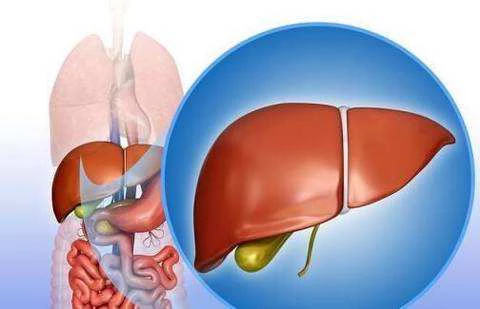Study found that WISP1 protein and protein/mRNA expression are inconsistent and affect the progression of hepatocellular

Study found that WISP1 protein and protein/mRNA expression are inconsistent and affect the progression of hepatocellular carcinoma

Copyright © iCell Bioscience Inc, Shanghai 2018-2019
Recently, studies on the transcriptome-proteome relationship have shown that there are inconsistencies in mRNA/protein expression in certain genes, which may be due to the post-translational modification of proteins. However, there is still no evidence to support this hypothesis. Wnt-induced secretory protein 1 (WISP1) is a downstream target gene of ò-catenin and plays an important role in tumorigenesis and progression. However, WISP1 expression and role in different tumor types are not consistent.
Recently, researchers from Nanchang University discovered that a protein post-translational modification of WISP1 resulted in inconsistent protein/mRNA expression of the protein and further affected the progression of hepatocellular carcinoma.

In this study, the researchers first confirmed that WISP1 was significantly down-regulated in HCC tissues and was an independent predictor of poor prognosis in HCC patients. Evidence from both in vivo and in vitro experiments showed that WISP1 can inhibit the proliferation of HCC cells.
Further research found that the low expression of WISP1 is related to the expression of FAT10, an ubiquitin-like protein that can both play a role in promoting protein degradation and stabilize, and is an important protein involved in the post-translational modification of proteins.
The researchers found that overexpression of FAT10 can promote WISP1 degradation through FAT10 modification and reduce WISP1 expression to promote HCC cell proliferation. Interestingly, the researchers also found that overexpression of FAT10 resulted in inconsistent protein/mRNA expression in WISP1, a decrease in WISP1 protein levels and an increase in mRNA levels.
The researchers conducted a study of the mechanisms and found that FAT10 can simultaneously promote the stability of substrates and promote the degradation of substrates. FAT10 overexpression promotes the expression of WISP1 mRNA by stabilizing beta-catenin, and directly promotes WISP1 protein degradation.
These results indicate that overexpression of FAT10 results in inconsistent expression of mRNA and protein in WISP1, thus promoting HCC progression by down-regulating WISP1 protein levels.
 Loading ....
Loading ....
